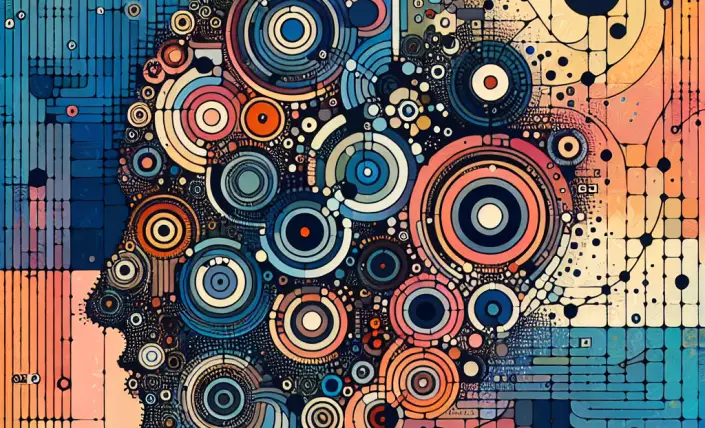In the intricate tapestry of human consciousness, there exists a realm that often eludes our grasp yet profoundly influences our very being: the unconscious. Carl Jung, a pioneer in exploring this enigmatic domain, offered a profound understanding of the unconscious, which invites us to delve deeper into the layers of our psyche to uncover truths that shape our existence. This exploration is not merely a philosophical endeavor; it is an invitation to engage with the intricacies of our own minds, to understand the forces that drive us, and to find meaning in the seemingly random patterns of our lives.
Jung's concept of the unconscious diverges significantly from that of his predecessor, Sigmund Freud. While Freud viewed the unconscious primarily as a repository for repressed desires and unresolved conflicts, Jung saw it as a vast, fertile ground filled with potential for personal growth and self-realization. Central to Jung's philosophy is the idea of the collective unconscious, a shared reservoir of experiences and archetypes that transcend individual experience and connect us to the broader human story. These archetypes, such as the Hero, the Mother, and the Shadow, serve as universal symbols that manifest in myths, dreams, and artistic expressions, revealing the common threads woven through the human experience.
Engaging with the unconscious involves confronting the Shadow, those aspects of ourselves that we often deny or repress. This confrontation is not an easy task, as it requires courage to face parts of our identity that we might find uncomfortable or undesirable. However, it is through this process of integration that we move toward individuation—a key Jungian concept describing the journey toward becoming a whole, authentic self. Individuation is not about achieving perfection but rather embracing the totality of our being, including the contradictions and complexities that make us uniquely human. By acknowledging and integrating our Shadow, we open the door to greater self-awareness, creativity, and inner peace.










